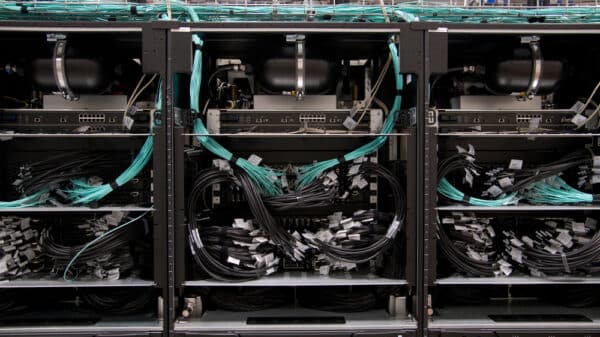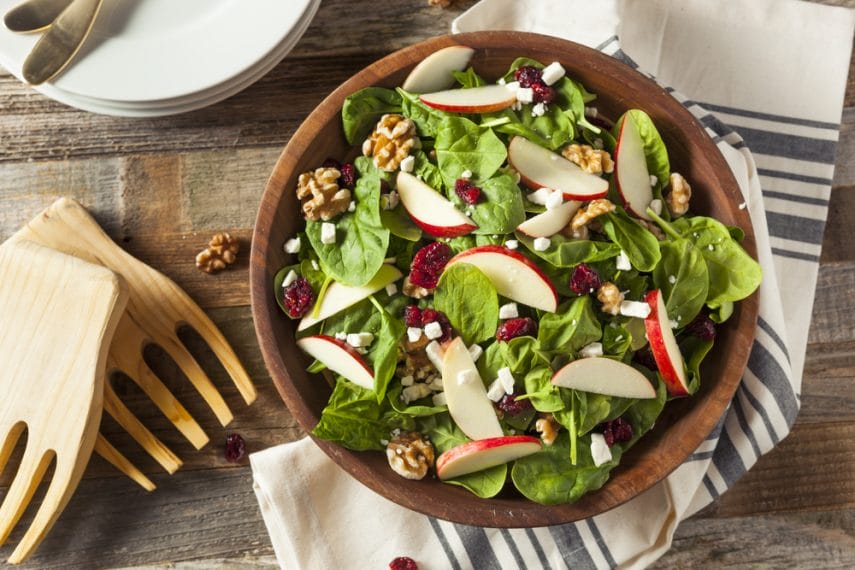Salads are typically seen as an essential component of our meals, utilizing an assortment of leafy greens to present a refreshing and crunchy alternative to the usual fries and hamburgers found at eateries. Nevertheless, in terms of food safety, specialists frequently advise against selecting salads when dining out. They warn that greens could be contaminated in the field and remain vulnerable to harmful bacteria even after being pre-washed and diced alongside other vegetables. One specific salad variety that is wise to avoid ordering at restaurants is iceberg lettuce.
Why Choosing Iceberg Lettuce Isn’t Ideal
Iceberg salads are commonly included on menus due to their inexpensive cost, wide availability, and extended shelf life. Despite being comprised of 95 percent water and lacking in taste, they tend to be overpriced when served at restaurants. Numerous food enthusiasts and specialists suggest going for seasonal salads made with locally sourced ingredients, rather than shelling out excessive amounts for an uninspiring dish on the menu. While iceberg lettuce may hold nostalgic appeal and seem like a safe bet, it is not the most advantageous choice, particularly when considering the likelihood of contamination.
Beyond the elevated cost, the primary issue associated with ordering a salad at a restaurant is the risk of contamination. There exists a notable chance of the salad being tainted by harmful bacteria, with approximately 20 percent of foodborne illnesses being attributed to the consumption of salads.
The Root Causes of Green Contamination
Greens can become impure through various means, such as the utilization of manure as fertilizer and the vulnerability of organically cultivated crops to deleterious substances produced by fungi. Thoroughly washing lettuce is imperative to avert potential health repercussions for the consumer.
Additional Grounds for Avoiding Salads at Eateries
In conjunction with the aforementioned issues related to expensive and tainted iceberg lettuce, there are supplementary motives to rethink the decision to order a salad:
- Iceberg lettuce is frequently marked up to around 20 times its actual value.
- Salad dressings can be laden with synthetic chemicals and unhealthy fats, undermining its reputation as a health-conscious choice.
- Add-ons like tortilla strips, cheese, croutons, and fried chicken tend to compromise the health advantages of a salad.
- Salad preparation can contribute to a significant amount of food wastage and greenhouse gas emissions.
Final Thoughts
Given the array of factors elucidated, opting for a salad at a restaurant may not be the most prudent choice in terms of cost and potential health implications. It is crucial to carefully evaluate the pros and cons before making dietary decisions.
Image Source: Brent Hofacker / Shutterstock



































